Water Solutions in Santa Teresa Bring More Challenges to Light
Santa Teresa is a booming beach town on the western coast of Costa Rica’s Nicoya Peninsula. The waves brought the first surfers in the early 90s before there was electricity in this rural farming and fishing town. The same waves that put this area on the map have continued to draw tourists from around the world. Now the population fluctuates from 5,000 to 10,000 between the low and high points of the tourism season.
With all the possible social and economic gains of tourism, increased population has a drastic and dire impact on the availability and disposal of water. The supply from local wells and the local water authority are not adequate in the dry months and businesses must pay for water brought by truck. Disposal of water is an even larger issue, as there is no sewage treatment facility. People are required to build septic tanks, but many are old or not properly designed. Sewage flows untreated into streams, which flow into the very ocean that attracts tourists.
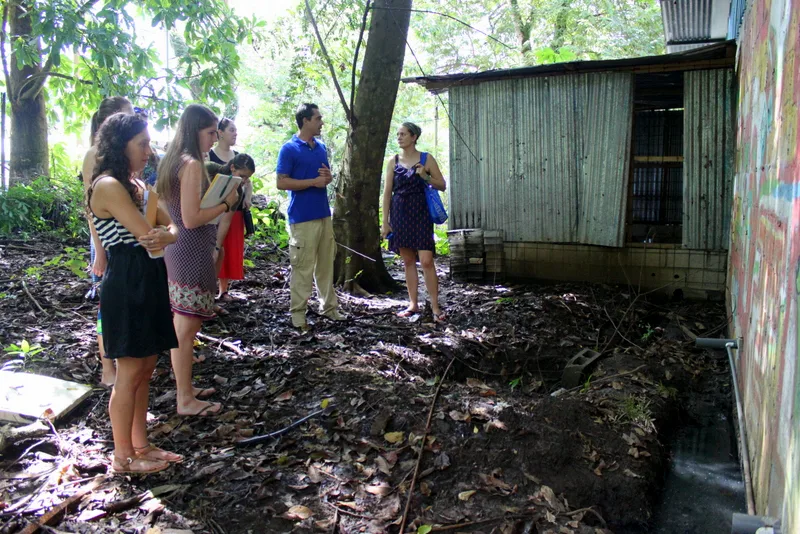
While in Santa Teresa, we worked with the local Chamber of Tourism and Nicoya Peninsula Waterkeeper, a local branch of the international organization committed to protect communities, ecosystems, and water quality. They have planned a series of activities to raise community awareness about water related issues, such as a fair to demonstrate ecofriendly practices and bring sustainable technology venders to the community. Another Waterkeeper initiative is to treat the gray and black water that flows directly into stream and construct biogardens.
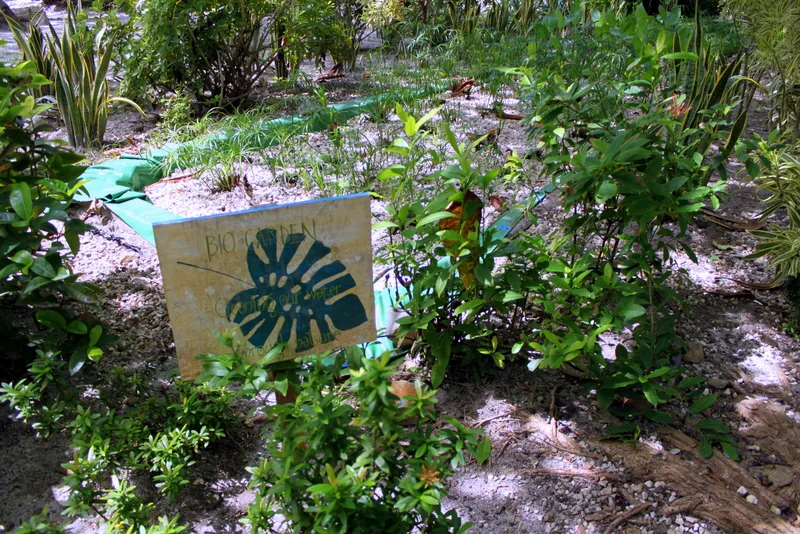
Our Directed Research project gathered information for an ambitious project to collect grease from local restaurants to feed a biodigester located at the local public high school. The gas produced by the biodigester will be used for cooking at the high school cafeteria. One group of students set out to collect data on sustainable practices and grease use at area restaurants. This information will be used to help effectively implement the biodigester program and learn what other initiatives may help minimize negative environmental impacts. Another group of students collected information on sustainable practices at local hotels to determine what water saving measures are in use and which hotels are receptive to implementing sustainable waste management practices.
Students also considered whether sustainable tourism certification is effective in motivating hotels to adopt sustainable practices. Costa Rica has a certification program created by the Costa Rica Board of Tourism that awards up to 5 “green leaves” for sustainable practices. Opinions of the certification process ranged from strong approval of the program to a belief that the program is a form of green washing or only larger, more expensive hotels have the resources to implement. Local hotels responded more positively to the national blue flag clean beach program, which benefits the entire community equally.
Santa Teresa is at a critical point in its development. Sustainable practices and limited, organized growth are essential to preserve limited freshwater resources. Our data collection will help local stakeholders implement the biodigester and focus on future projects supported by the community. Despite growing implementation of sustainable practices, the fact remains that there are water shortages that lead to digging more wells and trucking in water to sell at exorbitant prices. The pressing lack of a sewage system to contend with the waste created by this growing population remains.
The government has committed to creating an aqueduct to bring more water to the area by 2017, however there is still no plan for a sewage system. The growth that additional water will inevitable generate could be catastrophic to the ecosystem and people’s health if not accompanied by proper sanitation. Future research may include data collection to demonstrate the urgent need for sewage treatment when the government installs additional water pipelines.
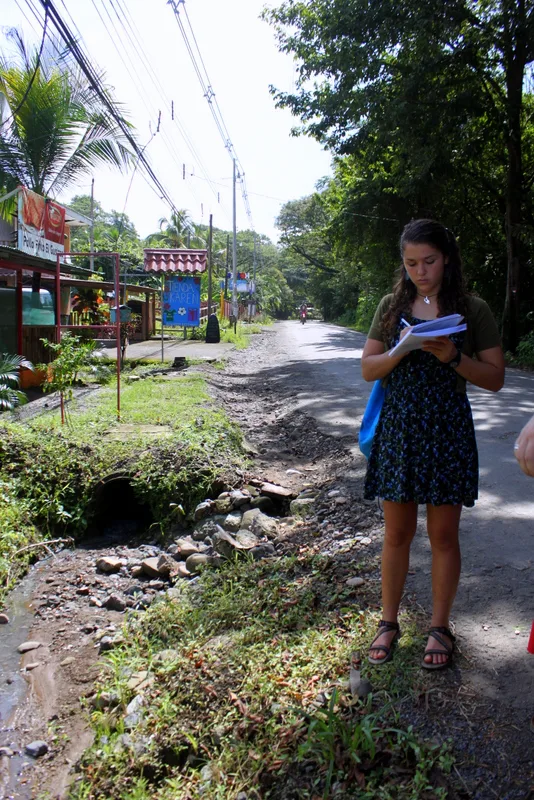
Related Posts
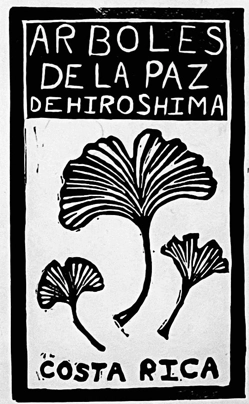
Trees of Peace from Hiroshima: A Time Traveler and Emissary of Hope
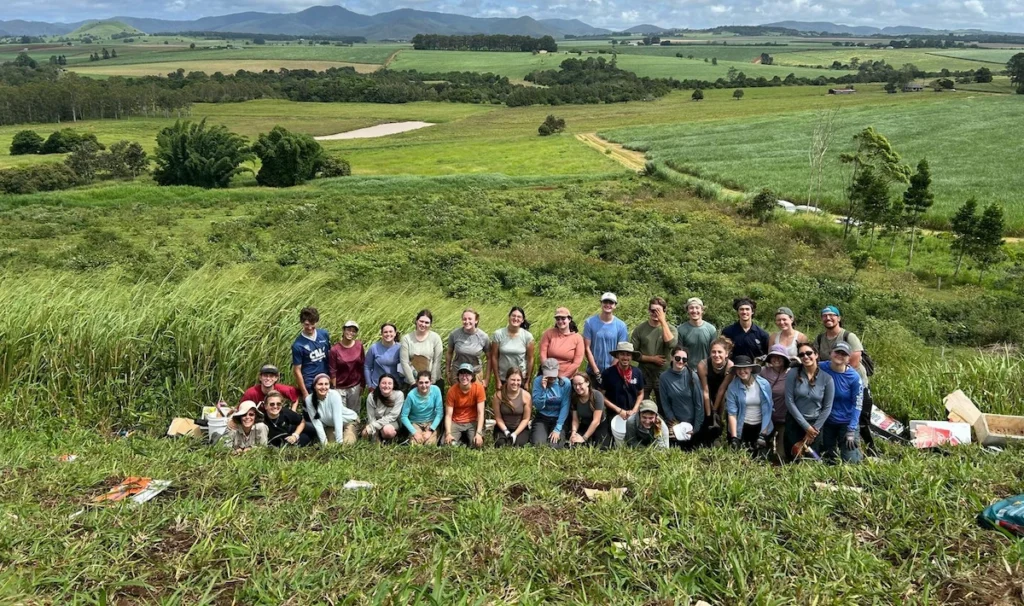
Cinder Cone Chronicles: Lessons from Drought, Data, and Determination
